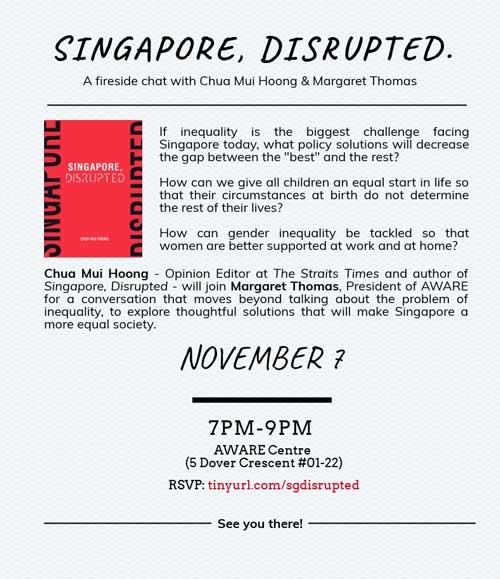This post was originally published as an op-ed in The Business Times on 12 October 2018.
 Flip open any newspaper in 2018 and you’ll likely find one (if not several) reports on the latest public reckoning of sexual harassment and assault perpetrators. One year after the #metoo movement took off on Twitter, we are still feeling the ripple effects of men who have committed sexual violence being taken to task all over the world – from the US, to Hong Kong, to – most recently – India.
Flip open any newspaper in 2018 and you’ll likely find one (if not several) reports on the latest public reckoning of sexual harassment and assault perpetrators. One year after the #metoo movement took off on Twitter, we are still feeling the ripple effects of men who have committed sexual violence being taken to task all over the world – from the US, to Hong Kong, to – most recently – India.
Compared to the loudness of the movement elsewhere, Singapore appears relatively timid in confronting the subject. But AWARE’s experience shows that #metoo has been making its waves here behind the scenes.
When the movement first started in October last year, we saw a 79% spike in calls from survivors to our Sexual Assault Care Centre (SACC). The level of calls have remained high and has continued to increase steadily.
We also saw a significant 400% increase in the number of anti-harassment workshops conducted by Catalyse Consulting, our corporate training and consultancy arm that runs anti-harassment training for workplaces. More employers are seeing the importance of putting in place policies, practices and regular training programmes for staff at all levels to manage and prevent workplace harassment.
These trends continue and it is clear to us that #metoo has succeeded in disrupting the norm of silence and not reporting.
Here are some important lessons about how to establish a safe, harassment-free working environment.
Process is as important as outcome
Based on our experience working with survivors, the process that they were put through – from the moment they reported the harassment to their supervisors, to the way that the investigation was carried out, and the company’s communication to parties about the outcome – is as important as the outcome.
A flawed process will undermine the outcome and lead to a situation where parties feel dissatisfied and frustrated with the process and see the organisation as being bias, untrustworthy or unprofessional. Justice and due process must seen to be done, in order for the outcome to be accepted by the parties. In the worst cases, everyone loses – complainant and accused are unhappy; staff take sides and lose confidence in management, word gets out and the company’s reputation takes a hit.
The unsatisfactory investigation process of the alleged sexual misconduct in the Brett Kavanaugh hearings resulted in an outcome that was highly controversial and divisive, led to street protests, and an undermining of key institutions in the US.
The failure of the Singapore Athletics to conduct a proper investigation of local athlete’s Kerstin Ong’s complaint of harassment by her coach led to the accused feeling that he was unfairly sacked. Their poor communication with Ms Ong about their actions caused her further pain, and led to Ms Ong raising a second complaint against the accused. Singapore Athletics’ failure of process was reported in the media.
Conversely, in a case that SACC was involved in, an independent panel of external investigators were called in to look into a claim of harassment; what followed was a sensitively-handled inquiry. Although there was insufficient evidence to prove the harassment, the survivor felt that she had a fair and sensitive hearing, and was satisfied with the process.
Be prepared
An organisation that does not already have its policies and procedures its place, will find it extremely difficult to effectively manage harassment complaints. Emotions run high where there are serious complaints. News spreads fast. Quick action has to be taken to activate the investigation and grievance handling teams.
If processes are not in place and management personnel are not properly equipped to deal with the issue, the company can find itself in panic mode. This can further complicate matters and escalate tensions, and cause parties to lose faith in the process.
The following needs to already be in place for a company to effectively address harassment complaints effectively:
- Clearly documented anti-harassment policies and harassment management processes that staff have been trained on;
- Appropriate personnel have been identified and trained to investigate and manage such complaints. Investigation processes are tricky and it might be useful for companies to consider using third party specialists for their investigations.
Walking the talk
It is pointless putting policies, procedures and training in place, if the company shuts an eye to problematic behaviours that occur. This gives rise to cynicism and low morale amongst employees, and strengthens the case that the company breached its legal duty to its employees.
Prevention is better than cure
In the past, some HR managers shunned harassment training as they feared that awareness of harassment might give rise to unnecessary harassment complaints.
The Tripartite Advisory on Managing Workplace Harassment mandating that employers implement policies, procedures and training on workplace harassment, has made it clear that this is in fact the best way to prevent workplace harassment.
By implementing clear policies and proper training, employers make it clear to their employees that certain types of behaviours that constitute workplace harassment will not be tolerated. Training empowers everyone to assert their rights to safety, and know where and how to seek support when they find themselves in uncomfortable situations.
Effective workplace harassment training focuses on building positive and respectful workplace cultures. It sends a strong message to staff that their employers care about their well being and will take appropriate action to ensure a safe workplace and to protect them.
Where are employers in Singapore?
Catalyse Consulting has helped many international companies based in Singapore with their initiatives to tackle this head on. Local companies, including larger and medium sized companies, have been much slower to react.
Employers in Singapore need to urgently look into workplace harassment and to mitigate its risks. #metoo is not going to go away. Rather than hoping it would, we need workplaces to be prepared and committed to the safety of its workers, and to value employees’ rights to workplaces free from harassment.
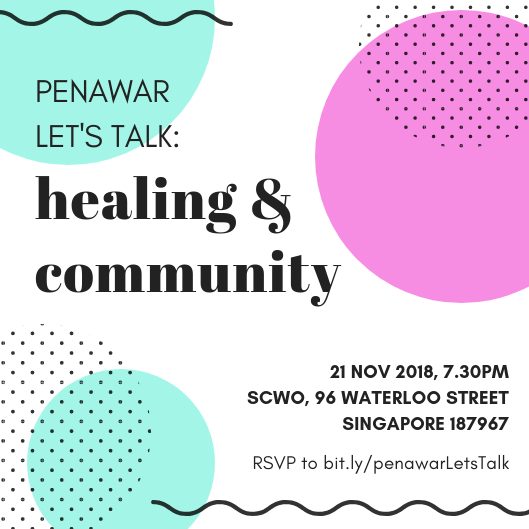






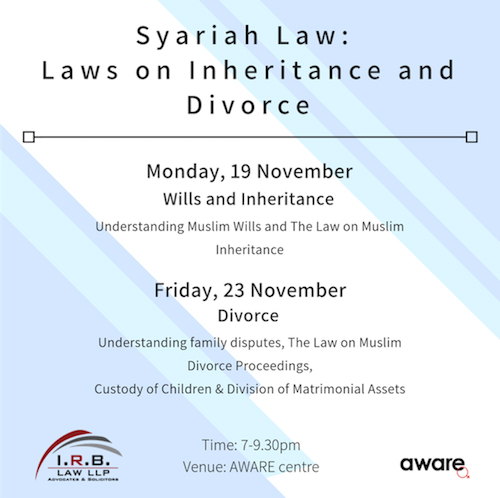
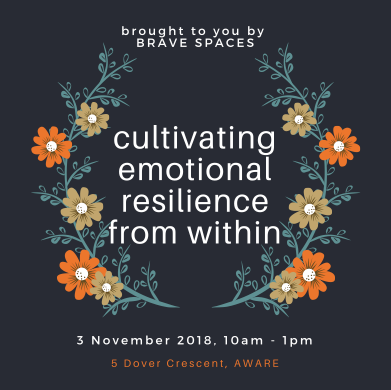
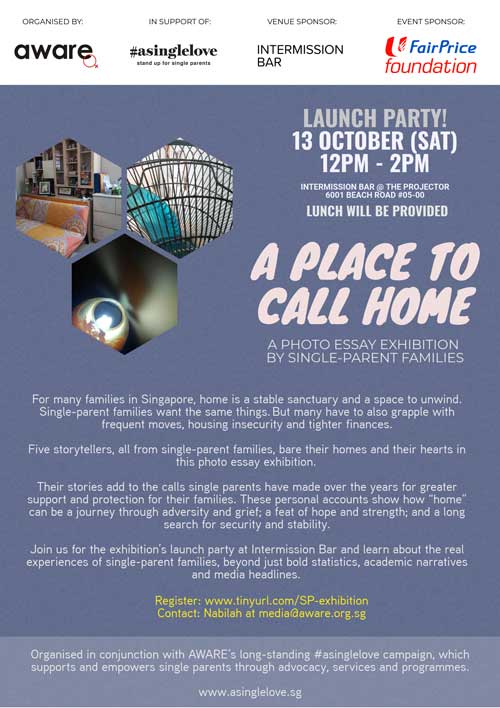
 Flip open any newspaper in 2018 and you’ll likely find one (if not several) reports on the latest public reckoning of sexual harassment and assault perpetrators. One year after the #metoo movement took off on Twitter, we are still feeling the ripple effects of men who have committed sexual violence being taken to task all over the world – from the US, to Hong Kong, to – most recently – India.
Flip open any newspaper in 2018 and you’ll likely find one (if not several) reports on the latest public reckoning of sexual harassment and assault perpetrators. One year after the #metoo movement took off on Twitter, we are still feeling the ripple effects of men who have committed sexual violence being taken to task all over the world – from the US, to Hong Kong, to – most recently – India. 